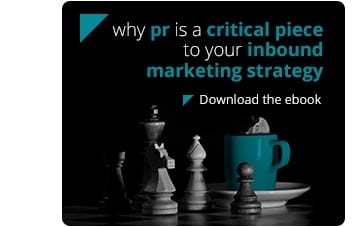There’s a new digital bully in town – and he doesn’t necessarily play by the same rules that advertisers are used to. The technology is called Geo-Fencing, and whether you like it or not, it’s going to be playing a major part in the way advertisers spend their marketing dollars.

The Basics: from GeoMarketing.com
Geo-Fencing is the practice of using global positioning (GPS) or radio frequency identification (RFID) to define a geographic boundary. Then, once this “virtual barrier” is established, the administrator can set up triggers that send a text message, email alert or app notification when a mobile device enters (or exits) the specified area.
It’s common knowledge that our cell phone carriers track our every move, however the average consumer isn’t aware that this same tracking is allowing advertisers to target you on a level never before seen. The best way for a consumer to combat this privacy breach is by either shutting off their phone’s location for various applications, or by searching the web via a VPN, which are designed to conceal your device’s real IP address which allows you to surf the web anonymously. The use of VPNs has been widely used by viewers of live-streaming shows that are blacked out in their area, due to network restrictions.
The opportunity for this kind of audience interaction is an advertiser’s dream. Imagine being able to target your competitor’s customers while they are actually shopping in the store – offering them discounts or other incentives to purchase their items online or at another retailer? While the ethics may be a bit controversial, this is being done with SEM on a regular basis, with brands bidding on competitor’s actual names – in hopes to lure an unsuspecting shopper to click on their paid link by mistake.
The bottom line is that the regulations on technology and personal monitoring are loosening – especially with the latest ruling that essentially rolls back prior FCC privacy regulations. Approved last year, the rules required that ISPs get your explicit permission before selling “sensitive data” like your browsing history.
So, advertisers rejoice – and customers beware. We know who you are, and we know where to find you.
 Bio –
Bio –
Ron Carlstrom is a full-time Marketing Director and Owner of Reel Big Media, a full-service video production company located in Lincoln, RI. Reel Big Media has become one of New England’s most trusted source for video, animation, aerial, and audio production needs. Ron lives with his wife and two children in Cumberland, RI.


